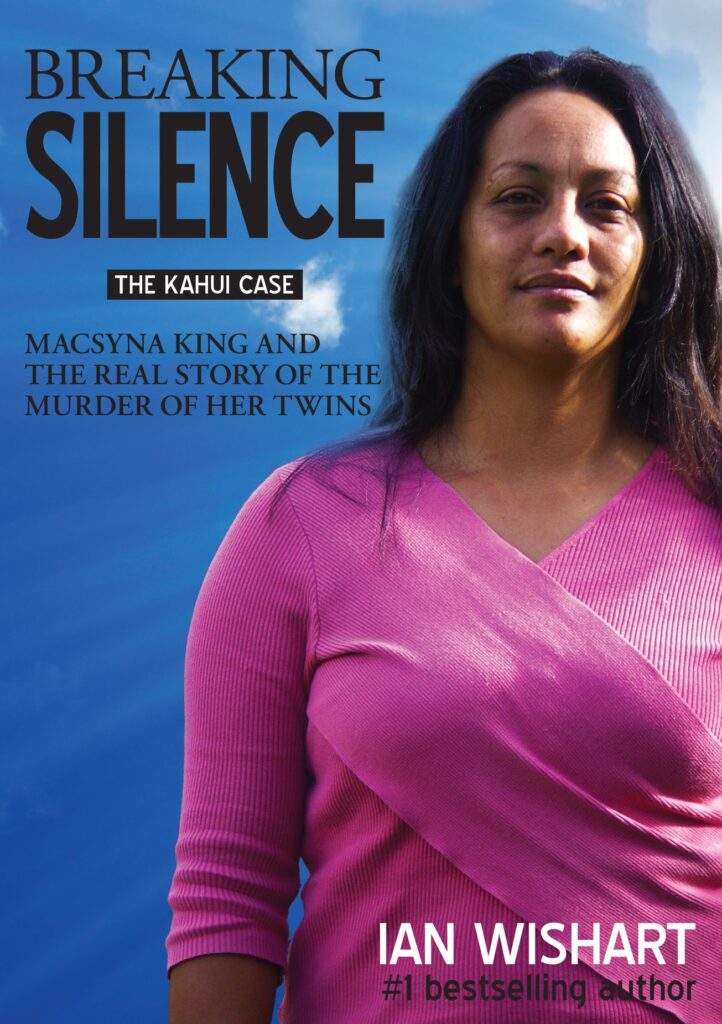 It is an astonishing fact of modern media that a Facebook site set up by a guy opposing Double Down burgers one month could, the next, persuade 50,000 Kiwis to urge the banning, unread, of a soon-to-be-published book.
It is an astonishing fact of modern media that a Facebook site set up by a guy opposing Double Down burgers one month could, the next, persuade 50,000 Kiwis to urge the banning, unread, of a soon-to-be-published book.
That site has now been removed and the book is out, available at Whitcoulls and doubtless other outlets that may see the folly of succumbing to discriminatory public pressure. Because one thing this disturbing tale does is remind the reader of how easy it is to see problems as those of other people, different people, other cultures, maybe different colours, other races.
Macsyna King, famously described via the Facebook site as the most despised mother in New Zealand, is a tragic figure, the abandoned daughter of dysfunctional parents, growing up, like them, unable to commit to anything like a loving relationship.
The tiny twins, whose deaths moved the whole of the country, were hardly ever viable infants: premature, suffering from a lack of vitamin C, their little bones so brittle that CPR administered by a panicky adult man could fracture them.
Their father, Chris Kahui, had neither skill nor confidence in handling babies so small and fragile that most of us would be daunted at having them left in our care, yet even Plunket acknowledged the parents were doing their best. In hindsight, it is obvious their best was never going to be good enough.
Our understanding of the Kahui saga seemed fuelled by so many prejudices as we read of injuries inflicted by caregivers, absent parents on drink or drugs, the stonewalling of police inquiries, the eventual charging and later acquittal of Chris Kahui.
An awful picture was painted of the family; much of it was true. But the twins, delivered by Caeserean section after the miscarriage of the third baby some weeks earlier, weighed just two kilograms each, their early removal from the womb precipitated by an oxygen alert. And there’s more.
Breaking Silence is a chilling narrative and the most important I have read. Adults may need to read the story to gain any understanding. Younger people should read in it a warning: that it is the way we make decisions early on that may determine the course of our life and the lives of those entrusted to our care.
